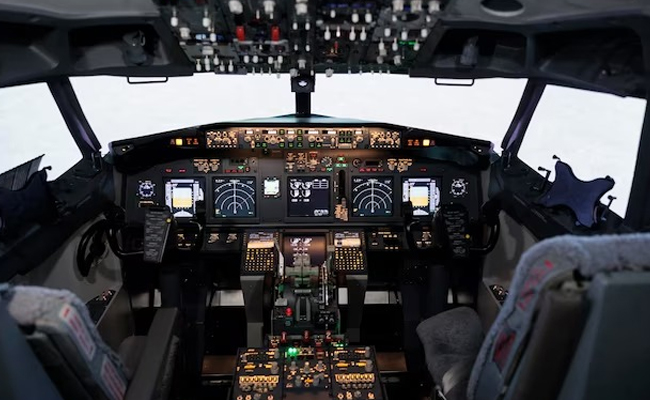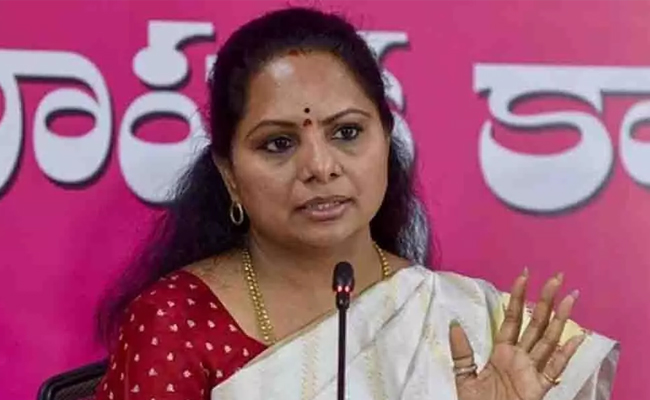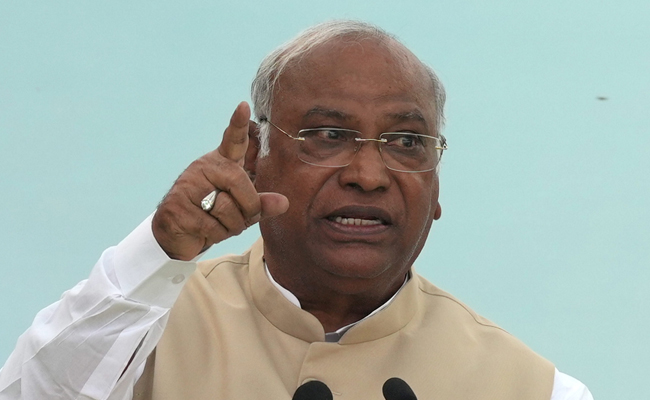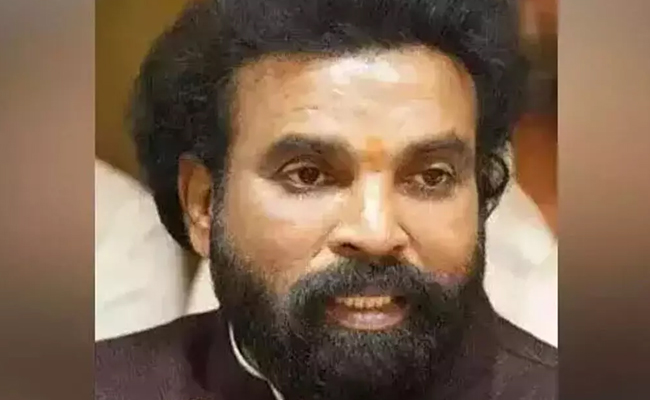New Delhi, Jan 21: A more than 40-year-old small aircraft carrying six people that crashed in a rural Afghanistan province was not an Indian aircraft and only did refuelling at the Gaya airport on Saturday en route from a Thailand airport to Moscow, officials said on Sunday.
The Morocco-registered Dassault Falcon (DF-10) plane, operating as an air ambulance, was flying from Utapao airport in Thailand to Moscow.
Amid reports that it was an Indian plane that was involved in the crash, the civil aviation ministry on Sunday said the aircraft did not belong to any Indian carrier.
"The unfortunate plane crash that has just occurred in Afghanistan is neither an Indian Scheduled Aircraft nor a Non-Scheduled (NSOP)/Charter aircraft. It is a Moroccan-registered small aircraft. More details are awaited," the ministry said in a post on X at 1.07 pm.
An official told PTI that the plane departed the Gaya airport after refuelling at 4.02 pm on Saturday. There were six passengers onboard, including a female patient, the official added.
A source in the know said the plane had started from Utapao airport in Thailand.
"As per available information, the crashed aircraft is a DF-10 (Dassault Falcon) small aircraft registered in Morocco. It is not an aircraft of Indian carriers.
"The aircraft was an air ambulance and was flying from Thailand to Moscow and did refuelling at Gaya airport," the ministry said in a statement.
The crash happened on Saturday in a mountainous area near Zebak district in Badakhshan province, news agency AP said in a report quoting regional spokesman Zabihullah Amiri.
Zebak is some 250 kilometres (155 miles) northeast of Afghanistan's capital, Kabul, a rural, mountainous area, home to only several thousand people, it added.
Citing Russian civil aviation authorities, the report said the plane went missing with four crew members and two passengers, and it "stopped communicating and disappeared from radar screens".
Quoting Abdul Wahid Rayan, a spokesman for the Taliban's Information and Culture Ministry, the report said there was an engine problem with the plane.
The report quoting Russian officials said the plane involved in the crash had been built in 1978 and belonged to Athletic Group LLC and a private individual.
The plane had been operating as a charter ambulance flight on a route from Gaya to Tashkent, Uzbekistan, onward to Zhukovsky International Airport in Moscow, it said.
The unfortunate plane crash that has just occurred in Afghanistan is neither an Indian Scheduled Aircraft nor a Non Scheduled (NSOP)/Charter aircraft. It is a Moroccan registered small aircraft. More details are awaited.
— MoCA_GoI (@MoCA_GoI) January 21, 2024
Let the Truth be known. If you read VB and like VB, please be a VB Supporter and Help us deliver the Truth to one and all.
Moscow (PTI): Russian President Vladimir Putin has received an invitation to join US President Donald Trump's Gaza Peace Board, and the invitation is under consideration, the Kremlin said on Monday.
"Indeed, President Putin also received an offer through diplomatic channels to join this Peace Board," the Kremlin spokesman Dmitry Peskov told reporters.
"We are currently studying all the details of this proposal, and we hope to contact the American side to clarify all the details," he said.
Several other countries have received offers from the US to join this body. Indian Prime Minister Narendra Modi and his Pakistani counterpart Shehbaz Sharif have also received invitations to join the Peace Board.
The US president unveiled the board as part of the second phase of a ceasefire agreement between Israel and Hamas in the Gaza Strip.
In October, Israel and militant group Hamas agreed to Trump's peace plan.
The board is being projected by Washington as a new international body to usher in peace and stability in Gaza and beyond, triggering speculations that it may respond to other global conflicts as well.
"Russia sees the Gaza Peace Board as the US attempt to create a rival of the United Nations Organisation with a broader mandate," Russia's Channel- 1 TV said on Monday in its 'Pryamoi Efir' (Live Broadcast) political show.





